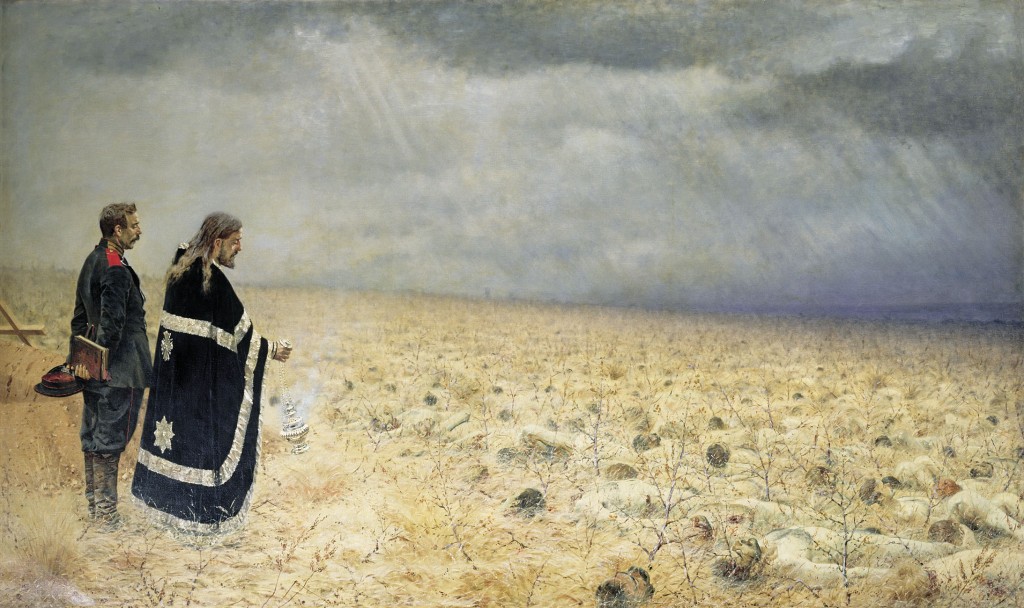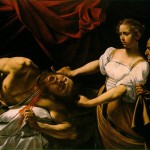
This is an experiment in extending the #whyremaincatholic brush onto a wider canvas in order to get a bigger picture of the state of Catholicism in America.
The thoroughgoing wisdom in some accounts of how to combat secularization is that conservative churches retain most of their members.
They retain them, because a conservative theology supposedly demands more of their members. Since the cost of participation is greater, the conventional wisdom goes . . . those who get in, stay in.
You’ve probably seen versions of the “conservative churches are growing” argument in Ross Douthat’s Bad Religion and Joseph Bottum’s An Anxious Age. It’s been around for a while, and the original intent has been skewed a bit. The original argument was based upon small conservative Protestant churches that are able to build up a cult-like fervor.
The Russian Orthodox example runs counter to this conventional wisdom, or at least to its mainline Catholic inheritors. Can you think of a more theologically conservative group than Orthodox Christians? They can rightfully claim the most ancient liturgies, which run for hours and require plenty of aerobic exercise from babushkas.
If the conservative church thesis were true, then could you think of a better scenario than the caesaropapist arrangement Orthodoxy enjoys under Putin? The connection between church and state is so close that Patriarch Kiril has ecclesiological problems because of the president’s policies and vice-versa. Yet, this is not the case according to an onet.pl report (if you’re given to anti-Polonist conspiracy theories, then note it was originally written by Deutsche Welle):
Nearly three-fourths of Russians consider themselves to be Orthodox Christians, according to studies conducted by an independent Russian foundation “Social Opinion” (FOM). However, only 4% of Russians go to church regularly and participate in the liturgy.
Furthermore, according to the study merely:
60% of Orthodox Russians consider themselves to be believers. But only 40% believe in God. 30% are of the opinion that God does not exist.
Isn’t all this beginning to sound like the Anglican Church? Sociologists call the discrepancy between professed allegiance to a Church and actual practice “the God gap.” If you’re counting, that’s a gap of over 70%. For the sake of comparison, in highly, although shallowly Catholic Poland (90% professing), the gap is a more reasonable 30 to 40%, but I see it widening as capitalism makes deleterious inroads and exacts its own worship. From what I remember, the numbers are even more bewildering for highly Orthodox and non-practicing Orthodox Greece.
In the end conservative theologies and liturgies are not necessarily the most faithful to God, although they can be. Something more is needed for Catholics in the States than rolling back the tide on Vatican II. After all, Vatican II was a response (you may endlessly judge whether adequate or not) to growing indifference.
Let me say it once more: theology is not liberal or conservative, it is developmental. I mean here spiritual development on both a personal and communal level. This is why aggressive state support for a given religion will almost certainly NOT help it flourish. Anyone who tells you otherwise is lying. State support will only make a religion superficial as American Catholicism was during the 50’s. You get a sense of its vanity in An Anxious Age‘s brisk and informative accounts of Fulton Sheen and William F. Buckley.
Continue reading about how this applies to American Catholicism by clicking here . . .
















